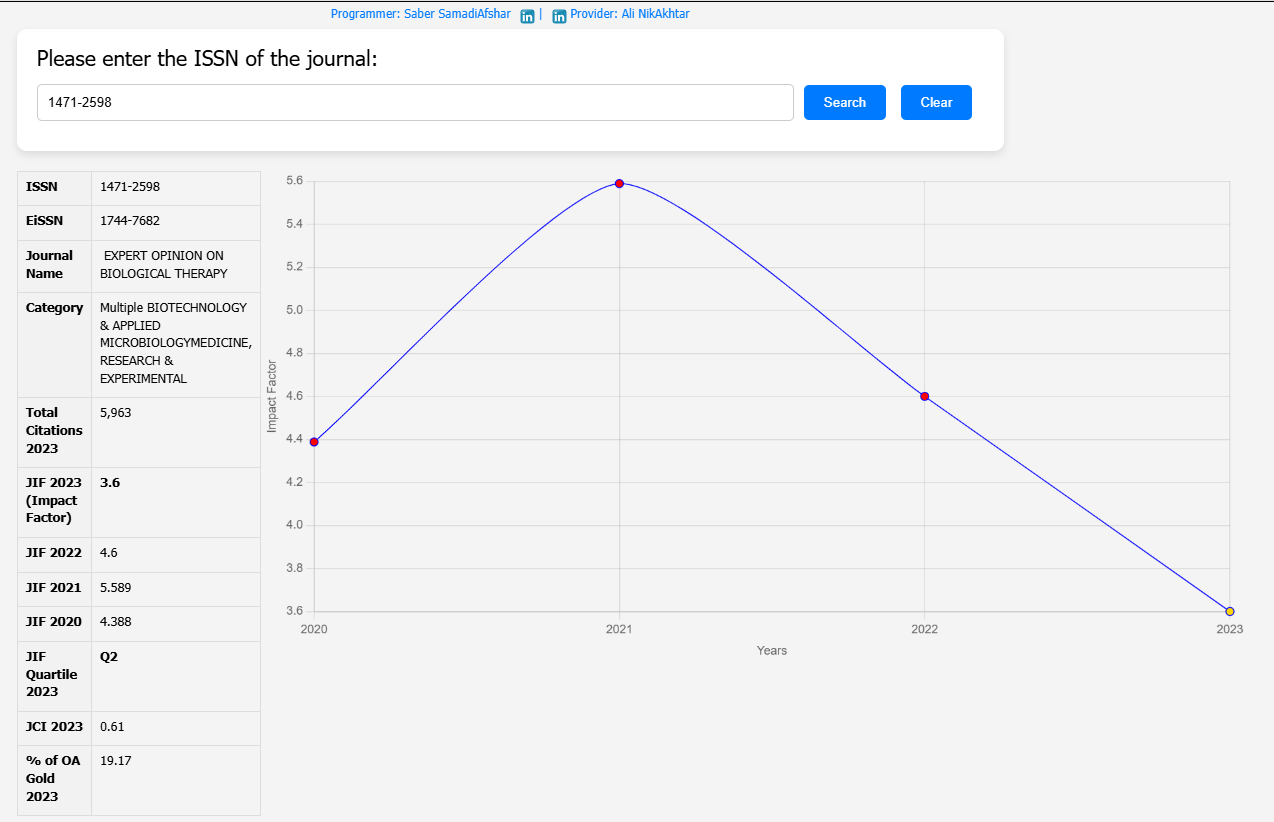Recent Developments and Industry Interest in Gene Therapy for Duchenne Muscular Dystrophy
Introduction
Duchenne muscular dystrophy (DMD) is an X-linked genetic disorder that causes progressive muscle degeneration. This condition is caused by mutations in the DMD gene, which encodes a crucial protein for muscle stability. Symptoms usually appear between ages 2 and 5, leading to muscle weakness and, eventually, respiratory or cardiac failure. While antisense oligonucleotides have been approved to restore dystrophin expression, their effectiveness remains limited, highlighting the need for novel treatments such as gene therapy.
Expectations for Gene Therapy
In June 2023, Elevidys (SRP-9001), developed by Sarepta Therapeutics, became the first FDA-approved gene therapy for DMD. This therapy utilizes an adeno-associated virus (AAV) vector to deliver a micro-dystrophin gene, offering hope for a potential long-term treatment.
By June 2024, Elevidys was granted full approval for ambulatory patients over four years old and accelerated approval for non-ambulatory patients. Meanwhile, companies like Solid Biosciences, Regenexbio, and Genethon are developing additional gene therapy solutions.
Additionally, CRISPR-based gene editing has emerged as a promising approach to correct defective genes in DMD patients. The first clinical trials for CRISPR therapy in DMD began in 2023, demonstrating rapid advancements in genetic treatments.
Concerns About Gene Therapy
Despite its promise, gene therapy for DMD presents significant challenges:
- Failure in clinical trials: In June 2024, Pfizer announced that its gene therapy candidate, fordadistrogene movaparvovec (PF-06939926), failed to meet its primary endpoint in a Phase III trial.
- Severe side effects: AAV-based gene therapy has been linked to immune responses, including myocarditis, highlighting the need for improved safety measures.
- Patient deaths in gene therapy trials: In September 2023, a 27-year-old patient receiving CRISPR-based therapy died from acute respiratory distress syndrome due to an excessive immune response triggered by high-dose AAV vectors.
Expert Opinions
While gene therapy is a groundbreaking treatment for DMD, its safety and efficacy must be carefully monitored. A review of 19 gene and RNA-based therapies approved by the FDA revealed that many were approved based on non-randomized trials and lacked clear clinical endpoints.
A promising initiative involves collaborations among competing companies to share adverse event data and optimize clinical trial protocols. Additionally, beyond gene therapy, other approaches such as muscle-protective therapies and HDAC inhibitors (e.g., Duvyzat, FDA-approved in 2024) are being explored to improve patient outcomes.
Conclusion
Gene therapy is becoming a key treatment strategy for Duchenne muscular dystrophy, but its safety and long-term efficacy remain uncertain. Future research should focus on optimizing gene delivery methods, minimizing adverse effects, and developing combination therapies. Strong regulatory frameworks and patient support systems are crucial to ensuring the success and accessibility of gene therapy treatments.

| Field | Details |
| Title | Recent Developments and Industry Interest in Gene Therapy for Duchenne Muscular Dystrophy |
| Authors | Hidenori Moriyama, Toshifumi Yokota |
| Corresponding Author | Toshifumi Yokota |
| Publication Date | 3-Nov-24 |
| Journal | Expert Opinion on Biological Therapy |
| Keywords | Gene therapy for Duchenne muscular dystrophy, CRISPR-based gene editing techniques, micro-dystrophin therapy, AAV vector-based treatment, gene therapy safety challenges, FDA approvals for gene therapy |
| Methods Used | Clinical trial data analysis, review of gene therapy studies, evaluation of safety and efficacy concerns |
| Study Type | Expert Review |
| DOI | 10.1080/14712598.2024.2422998 |















